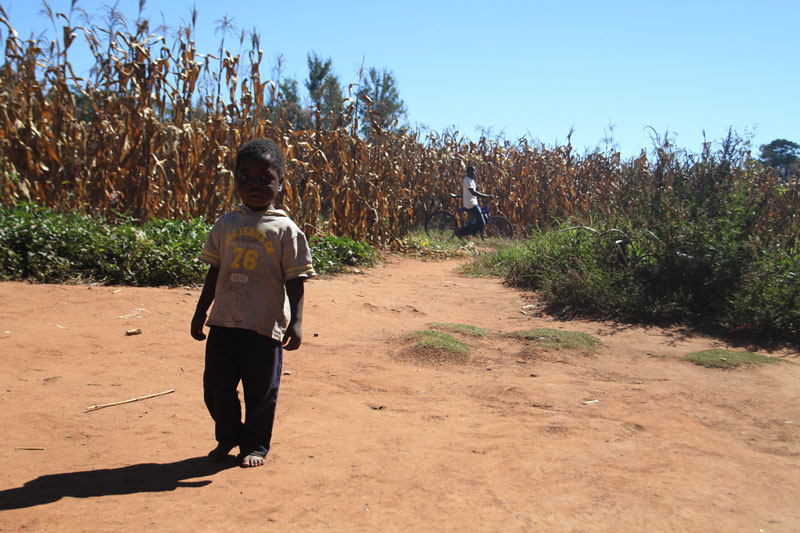
Today, the world celebrates the International Workers Day.
While the event is marked by countrywide celebrations- in pomp and fanfare- it is not the same story in Zimbabwe’s farming communities as farm workers and their families struggle to survive amid allegations of abuse by their employers.
Report by Tapiwa Zivira, Online Reporter
Newsday visited some farms along Shamva Road and revealed the derelict living conditions of people living in these communities.
Listen to the farm workers speak on their livelihood
On the entrance to Hurudza farm, some 10 kilometres outside Harare, is a mega field with a flourishing maize crop ready for harvest while on fields on the other end are market-ready potato, sugar bean and butter nut crops.
As a classic case of poverty amidst plenty, the several fields surround three farm villages with hundreds of workers who are surviving from hand to mouth as they allege neglect by their employer.
- Chamisa under fire over US$120K donation
- Mavhunga puts DeMbare into Chibuku quarterfinals
- Pension funds bet on Cabora Bassa oilfields
- Councils defy govt fire tender directive
Keep Reading

In interviews, the workers, mostly women, said they last received regular monthly wages of $54 in September last year while some have received allowances ranging between $10 and $20 early this year.
Living standards have subsequently gone down, as many can no longer afford three standard meals a day. The situation has got worse for them as they have already exhausted the grain they harvested from the small fields on their backyards.

“I last got my wage in September last year and we continued to work but we finally gave up after our employer continued to remain mum about the issue, so we are now surviving on temporary jobs at other farms,” said an elderly woman who claims she has worked at the farm for over 33 years.

The temporary jobs are no better as they can only give $3 per day for a limited period, an amount not enough to put food on the table and send children to school among other needs of the usually extended families.
Ironically, it is the same starving workers’ hands that are behind the blossom of crops in the fields facing their village.
Their situation at Hurudza is, however, not unique as most farm workers are living under such, or worse conditions.
According to the General Agriculture and Plantation Workers Union of Zimbabwe (Gapwuz), a larger percentage of newly resettled farmers are not paying their workers the stipulated $65 a month wage.
This is despite the fact that the wage is about a tenth of the monthly consumer basket for a family of six, which currently stands at about $567.
In 2009, Gapwuz released a damning documentary that exposed the harsh living and working conditions in Zimbabwe’s farms. See the documentary below.
As a result of the poverty wages, many farm workers end up turning to prostitution, illegal liquor brewing, illegal gold panning and vending.
Canada-based trade union activist, Getrude Hambira bemoaned the lack of government towards addressing the farm workers wage structure.
“Children drop out of school and sadly end up in prostitution which exposes them to HIV and Aids.”
“While we hear stories of success in the agriculture industry, it is unfortunate that this is not helping in improving the living conditions of the workers. In other word, we have had a change of oppressors especially where the majority of newly resettled farmers are the ones who are failing to pay workers the minimum wage,” said Hambira.

In 2000, the Zimbabwean government embarked on a controversial land reform exercise where thousands of white commercial farmers were pushed off the land.
The success of the exercise has continually been blighted by persistent reports of suppression of workers’ rights as government continues to turn a blind eye.

As the final preparations for the Workers’ Day celebrations in the country’s cities, the search for the next meal becomes the main preoccupation for the workers at Hurudza.











